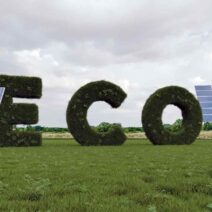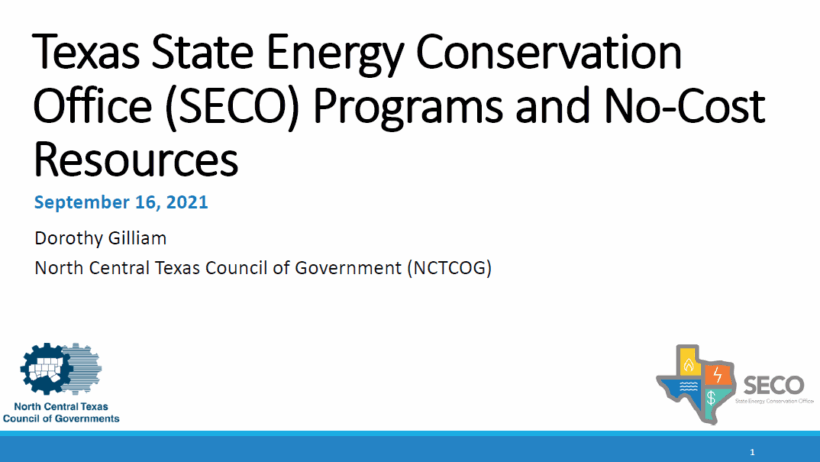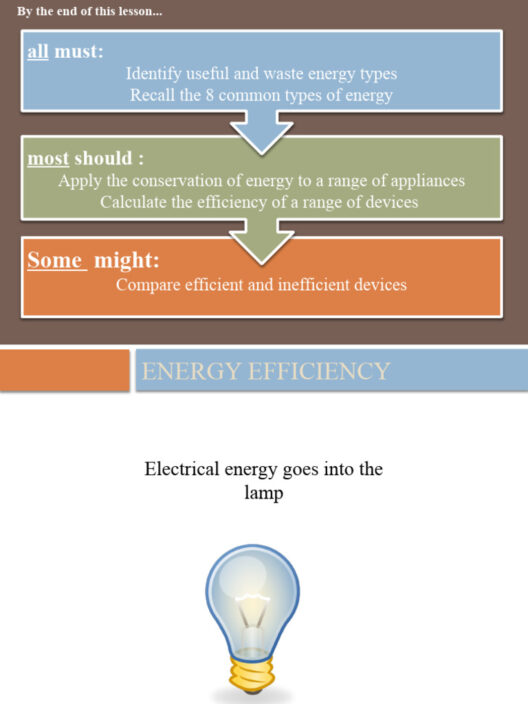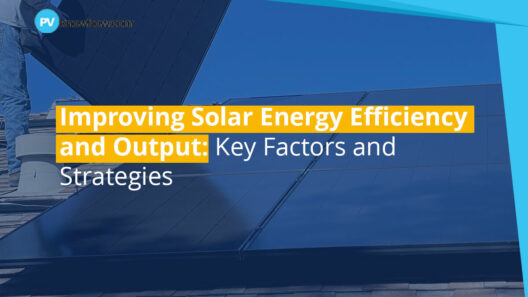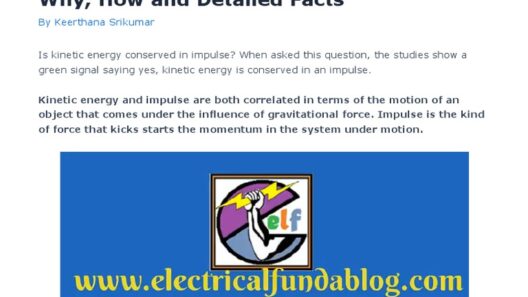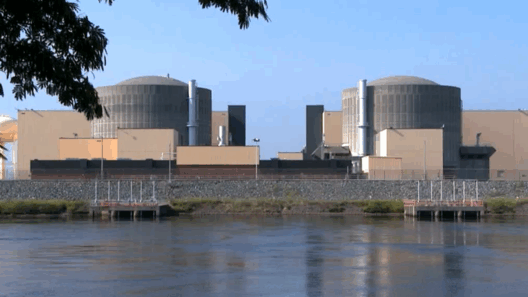Energy conservation is of paramount importance in today’s world, particularly as we grapple with the impacts of climate change and depleting natural resources. As individuals and businesses strive to adopt more sustainable practices, an essential query arises: Is energy conservation equipment taxable in Texas? This question serves as both a playful inquiry and a potential challenge, given the intricate web of tax regulations surrounding energy conservation initiatives.
To navigate this terrain, we first need to understand what constitutes energy conservation equipment. Broadly defined, this includes devices or systems specifically designed to reduce energy consumption or enhance energy efficiency. Examples abound, from energy-efficient appliances, solar panels, and energy management systems to advanced insulation and smart home technologies. These tools not only aid in lowering energy bills but also contribute to a more sustainable future.
Now, let’s dive into the potential tax implications for organizations and homeowners alike. In Texas, the taxability of energy conservation equipment hinges largely on its classification under state law. Texas imposes a sales and use tax on the sale, lease, or rental of tangible personal property unless an exemption applies. So, is energy conservation equipment exempt?
Here lies the crux of the matter: Texas does offer specific exemptions for certain energy-efficient products. For instance, according to Texas tax regulations, qualifying solar panels, wind turbines, and other renewable energy systems are often exempt from sales tax. However, the terminology can be somewhat perplexing, which can lead individuals to question whether their chosen equipment qualifies for these exemptions. Are you confident that your energy-saving investments will actually yield tax benefits?
It is also crucial to consider the timing of purchases. In some instances, Texas has been known to introduce tax holidays for specific energy conservation equipment. For example, during these designated periods, eligible items may be purchased free of sales tax. This can create an enticing opportunity for consumers, encouraging the adoption of sustainable practices. However, these tax holidays aren’t always consistent from year to year, and failing to keep abreast of the schedule can lead to missed opportunities. Why risk paying more than you need to when it comes to sustainability?
Furthermore, qualification for these exemptions is not a one-size-fits-all affair. Various factors come into play, including the type of equipment and its intended use. For instance, while many consumers might believe they can simply purchase any energy-saving device and expect a tax break, the reality can be quite different. Manufacturers, retailers, and purchasers alike must routinely consult the latest tax guidelines, as regulations can evolve or be interpreted differently.
The consequences of misinterpreting tax regulations surrounding energy conservation equipment can be significant. Businesses might find themselves facing unexpected tax liabilities, while homeowners may inadvertently overlook valid exemptions. This potential for confusion underscores the importance of consulting tax professionals who specialize in Texas sales tax and energy efficiency. Can you navigate these complexities on your own without inadvertently falling into a regulatory trap?
As communities become increasingly aware of the importance of sustainable practices, they often turn to local governments for support. Many municipalities in Texas have initiated their own programs aimed at incentivizing energy conservation efforts. These can include local rebates or tax incentives designed to encourage residents and businesses to invest in energy-efficient upgrades. However, even these programs come with their own sets of rules and requirements. Before embarking on a substantial investment in energy conservation equipment, one should consult with local government authorities to understand what incentives are available and how to properly capitalize on them.
The conversation around energy conservation is not solely limited to tax implications. It also extends to public policy discussions and broader economic considerations. As consumers push for green technologies, the market for energy-efficient equipment continues to evolve. When the demand rises, one might hope that policymakers will implement additional favorable tax breaks or incentives. This not only bolsters conservation efforts but can also stimulate economic growth through the green tech industry. Will the synergy between the market and legislation usher in a new wave of opportunities for energy conservation equipment tax exemptions?
Moreover, education plays a critical role in advancing energy conservation efforts. As homeowners and business owners grapple with tax regulations, comprehensive educational initiatives can empower them to make informed decisions. Workshops, webinars, and informational resources can all help equip individuals with the necessary knowledge to maximize their investment in energy conservation. As awareness spread, the collective push towards sustainability becomes more potent. Are we doing enough to educate ourselves and others on this crucial issue?
In conclusion, while the question of whether energy conservation equipment is taxable in Texas remains complex, it is rooted in a critical dialogue surrounding sustainability and fiscal responsibility. The potential for exemptions, ongoing tax holidays, and local incentives underscores the importance of remaining informed. Moreover, as policy evolves, individuals and businesses must stay proactive in understanding their rights and opportunities. As you reflect on your choices concerning energy conservation equipment, consider also the broader implications. How can you, as a consumer or business owner, contribute not only to your own sustainability efforts but to the collective movement towards a more energy-conscious future?


